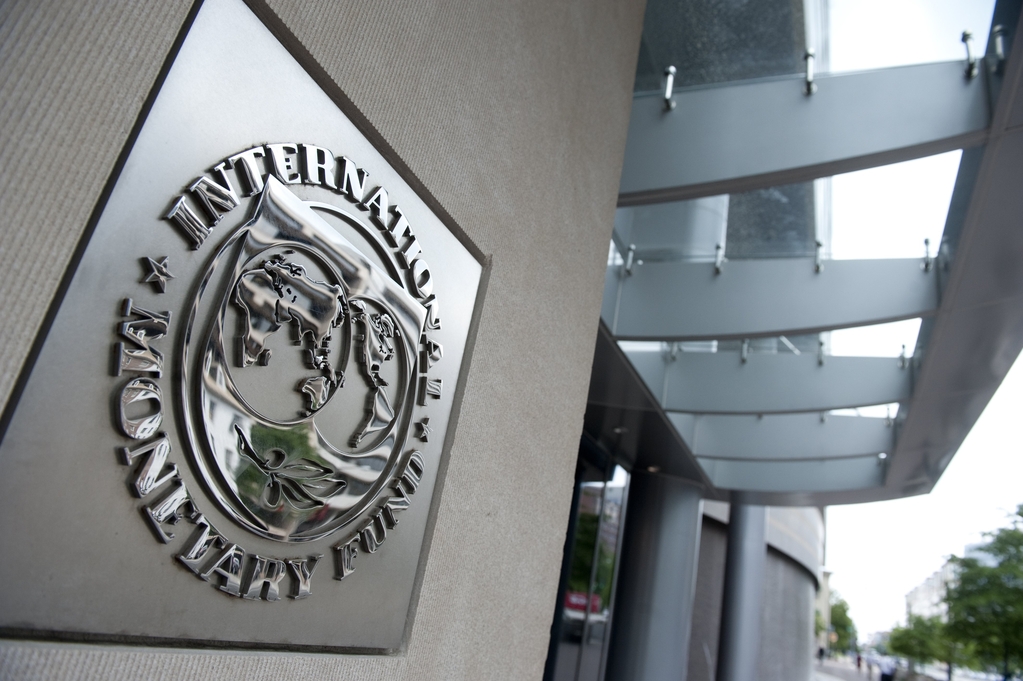WASHINGTON/ TOKYO: The United States has persuaded Israel that Iran would take one year or longer to build a nuclear weapon, dimming the prospects of a preemptive strike on Iran’s nuclear facilities, The New York Times said late Thursday.
"We think that they have roughly a year dash time," President Barack Obama’s top advisor on nuclear issues Gary Samore was quoted as saying in the daily’s online edition.
By "dash time," the official referred to the shortest time Iran would take to build a nuclear weapon, judging from its existing facilities and capacity to convert stocks of low-enriched uranium into weapons-grade material, a process known as "breakout."
Samore said the United States believes international inspectors would detect any Iranian move toward "breakout" within weeks, leaving the US and Israel ample time to craft a response.
Israel has hinted in the past that it would likely attack Iranian nuclear facilities should the Islamic republic try to build an atomic bomb it would consider a direct threat to Israeli territory.
Israel believes Iran is only months away from such a scenario, while the US intelligence thinks it would take longer.
Based on intelligence collected over the past year, the new US assessment is not clear on what problems Iran’s uranium enrichment program — which it insists is for peaceful purposes — is confronting.
The daily said the lag could be due to poor centrifuge design, difficulty in obtaining components or accelerated Western efforts to sabotage the nuclear program.
Meanwhile, Iran is ready for immediate talks with world powers over a nuclear fuel swap deal, President Mahmoud Ahmadinejad said in an interview published in Japan on Friday.
Iran is "ready to resume in late August or in early September" talks with the five permanent members of the UN Security Council plus Germany over an exchange of enriched uranium, Ahmadinejad told the Yomiuri Shimbun.
Ahmadinejad hinted Iran could stop its controversial program of uranium enrichment if a deal were struck to ensure the supply of nuclear fuel to Tehran.
"We promise to stop enriching uranium to 20 percent if fuel supply is ensured," he said in the exclusive interview in Tehran, published in Japanese.
"We have the right to enrich uranium. Iran has never provoked a war nor craved for nuclear bombs," he added.
Ahmadinejad’s comments follow those he made earlier this month urging the United States to join talks on a fuel swap deal.
Iran’s supreme leader Ayatollah Ali Khamenei said on Wednesday that any talks with arch-foe the United States would take place only if Washington drops "sanctions and threats" against Tehran.
Asked about the relations with the United States, Ahmadinejad told the Yomiuri Shimbun: "Iranian people support dialogue. Dialogue should be done with respect and fairness.
"Unfortunately Western countries always hold out threats, trying to keep advantage in negotiations. This is not dialogue. The purpose of dialogue is understanding, not threatening."
Iran says it needs 20 percent enriched uranium to power a research reactor in Tehran.
Western and European nations led by Washington strongly oppose Tehran’s move to enrich uranium to this level, as they suspect the enrichment program masks a weapons drive.
Under a deal proposed in May known as the Tehran Declaration, Iran would ship some low-enriched uranium to Turkey in return for 20 percent high-enriched uranium to be supplied at a later date for a Tehran research reactor.
The Tehran Declaration was Iran’s counter-proposal to an earlier plan drafted by the IAEA for a fuel swap deal.
After that plan hit deadlock, Ahmadinejad ordered atomic chiefs to produce 20 percent enriched uranium inside the country, in defiance of world powers which want Tehran to stop the sensitive process.
The UN Security Council groups include Britain, China, France, Russia and the United States.


